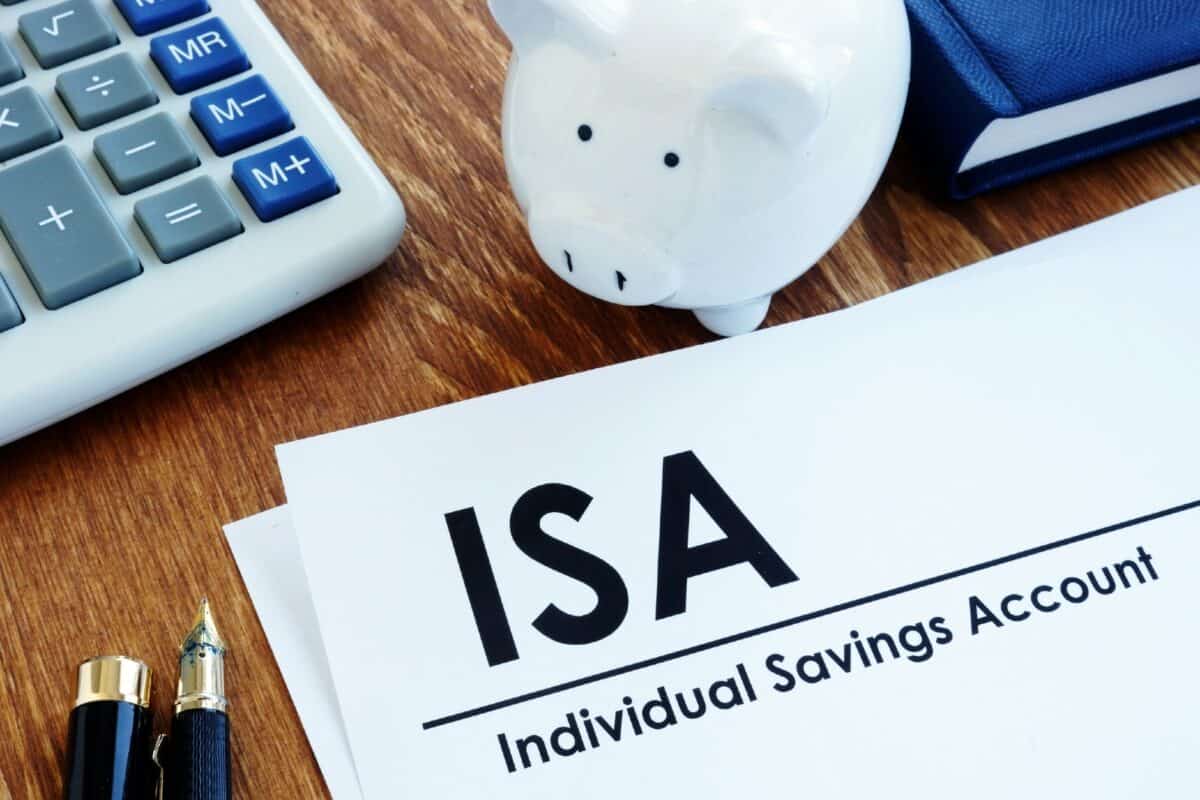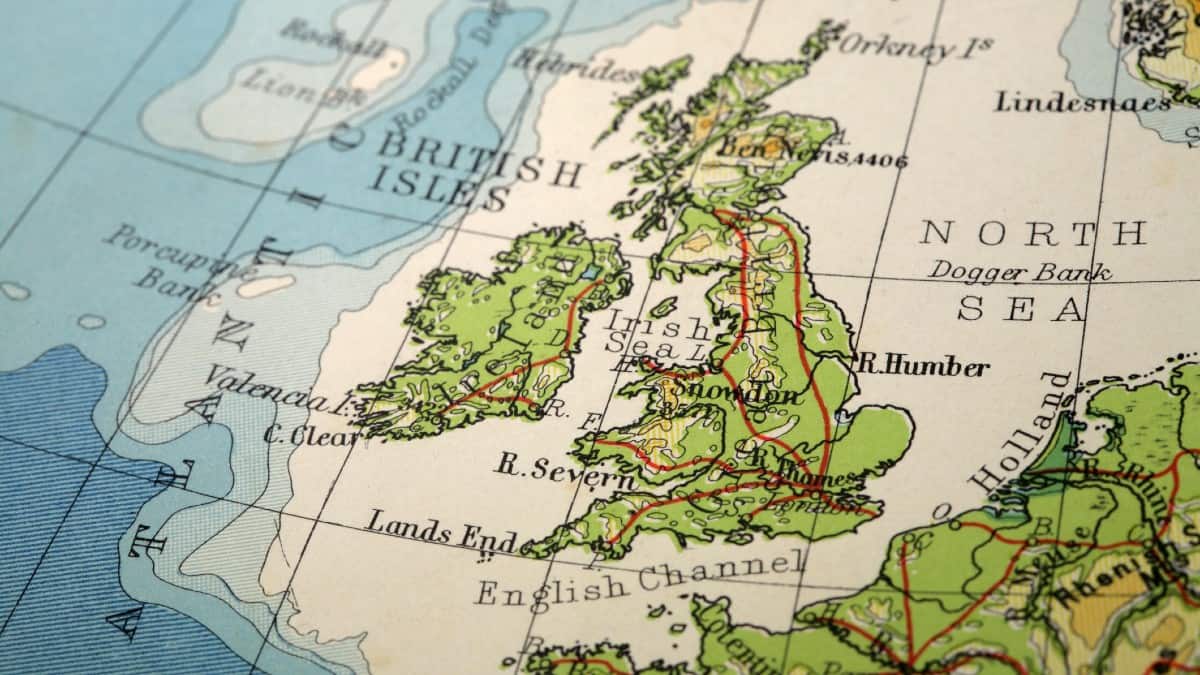Image source: Getty Images
At the end of last week, I decided to sell part of my investment in Citigroup and Norfolk Southern. At the time, they were the two largest investments in my Stocks and Shares ISA.
This has nothing to do with the Budget, my view hasn’t changed on either business, and I still own a good amount of both. But I decided there was something else I wanted to buy.
Selling shares
In general, I’m not a big fan of selling investments. Even when a stock becomes a large part of my portfolio – as those two had – I prefer to add to other things, rather than sell.
I also try to avoid setting up my portfolio to be ready for near-term events. For example, I don’t look to sell cyclical companies when I think there might be a recession on the way.
There are two reasons why I might sell stocks though. One is if my outlook for the business changes – either because something happens or I find out something I didn’t already know.
In that situation, I’d probably look to sell all of my shares in the company. If something causes me to stop seeing it as an opportunity, it’s unlikely that I’d want to own it at all.
That isn’t the case with either Citigroup or Norfolk Southern. So I’ve retained the majority of my shares in both (and Citi is still the largest investment in my ISA).
The other reason is if I see a different opportunity I want to take advantage of. In that case, I might raise cash by selling part of another investment – and that’s what has happened here.
What I’ve bought
This raises the question of what I’ve been buying. The answer is Dowlais (LSE:DWL) – a FTSE 250 engineering firm that’s fallen so far I decided action was required.
Revenues are falling, the business is paying dividends despite not turning a profit, and the stock is down 56% in 18 months. There’s a danger of this continuing. But I see a lot of hidden value here.
First, Dowlais hasn’t actually been performing as badly as it seems. Its reported losses are due to one-off restructuring costs and some non-cash charges in the form of goodwill impairments.
Neither of these looks to me like a serious long-term issue. Leaving them aside, the company generated around £355m in operating profit in 2023 – over half its current market cap.
Second, Dowlais is considering selling its powdered metals division, which reported operating income of £96m in 2023. This could put investors in a very nice position if a deal goes through.
If the firm clears its debt with the cash, shareholders will be left with the automotive arm. That made £300m in operating profit last year – and the market cap today is around £650m.
Risks and rewards
Whether or not Dowlais goes ahead with the sale of its powdered metal business, I think things look good from an investment perspective. I can see above-average returns either way.
It’s unusual that I sell shares in companies that I’m still positive about, but it does happen when something very unusual comes along. This is one of those times.
Credit: Source link














